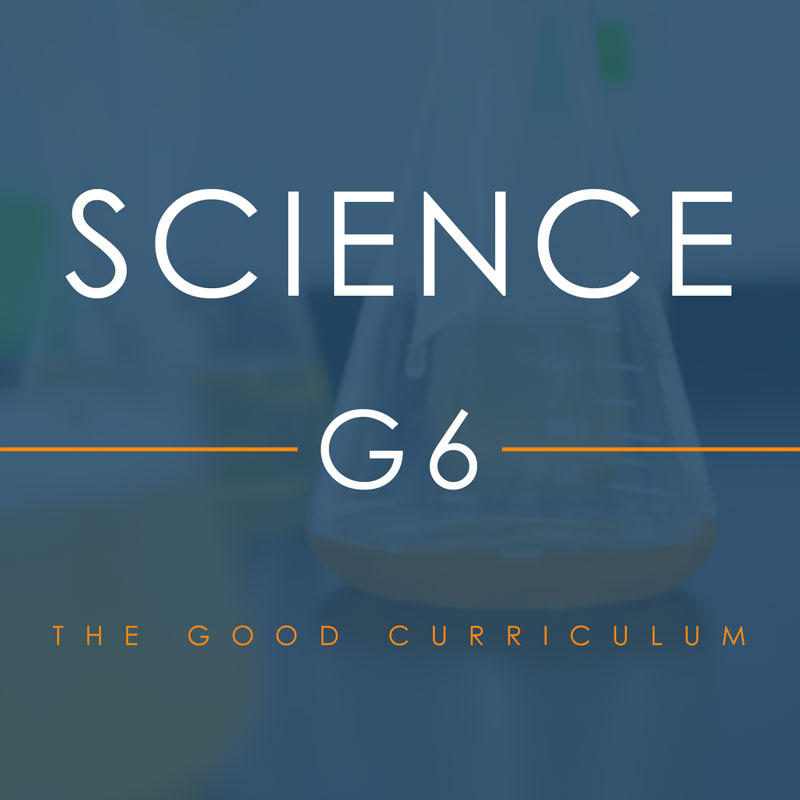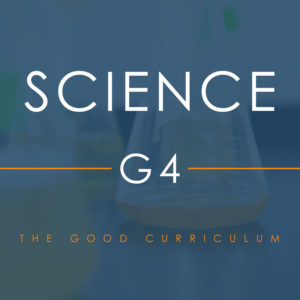Description
This course will motivate grit (perseverance).
Geology:
Learn how to be a geologist. After this section you will be able to do the following:
- Identify major minerals
- Distinguish rock types
- Conduct geological field work
- Explain how geologists interpret geological formations
- Make a geological field map
- Write a geological field report
- Start and develop a fossil collection
You will start by observing major geological formations including the Deccan traps and the Grand Canyon. Next you will learn how geologists account for these structures. Then we will cover the rock cycle, the earth’s structure, the earth’s interior, the earth’s moving floor (plate tectonics), natural disasters, volcanism, mountain formation and weathering, and glacial erosion.
Additionally we will cover difficult questions in geology including: dinosaurs, woolly mammoths, the Ice Age, and transcontinental sedimentation. Projects will include geological field work and geological map making.
Plant Science:
Learn how to be a plant scientist (botanist). After this section, you should be able to do the following:
- Classify major plant types
- Distinguish plant parts
- Find edible plants
- Describe how chocolate is made
- Conduct plant field work (observation and collection)
- Preserve plants
- Make potpourri
You will learn about plant classification, plant parts, and photosynthesis. You will learn about the machinery inside plants and how plants defend themselves. You will learn about house plants, interior landscaping, potpourri, identification of edible plants and poisonous plants. Also you will learn about the cacao plant and the chocolate making process; herbaceous plants as well as the fields of agronomy, horticulture and field botany. You will practice identifying, collecting and preserving plants.
Gardening:
Learn how to design and build your own garden. After this section, you should be able to do the following:
- Build an indoor garden
- Grow a lemon tree
- Find your particular growing season and plant hardiness zone
- Plan and design an outdoor garden
- Build a square foot garden
- Make compost
- Plant a berry garden
- Become a beekeeper
You will learn how to plan, design, plant, protect and harvest a garden. This will include determining one’s growing season and plant hardiness zone. Also we will cover soil preparation, beneficial bugs, pests, and natural pest control methods. Students will be guided through several hands-on gardening projects including: growing a lemon tree, building an indoor garden, planting a strawberry garden, constructing a square foot garden, making compost and vermicomposting bins, and more.
Conservation:
Learn about two critical ingredients of life: soil and water. After this section you should be able to:
- Describe how soil is formed
- Describe how water is treated
- Identify erosion control practices in private and public spaces
We will cover and contrast two viewpoints on conservation. You will learn about soil formation, soil classifications, soil-water behavior, water infiltration, surface runoff, and soil erosion. We will cover soil and water conservation practices, water treatment methods, and irrigation-farming techniques. You will learn how to identify and correct conservation and erosion problems.
You will learn of water filtration technologies, water supply and demand, and water entrepreneurship.
Weather:
Learn how to be a meteorologist. After this section you should be able to do the following:
- Describe the tools used for weather forecasting
- Build weather instruments used in most weather stations
- Describe weather forecasting methods
Students will learn about the atmosphere, the wind, global circulation, air masses, cloud formation and precipitation. We will cover how thunderstorms, lighting, tornadoes and hurricanes work. Also we will talk about weather forecasting and remote sensing instruments. Students will build five weather instruments and take daily weather recordings with these instruments.
Landscape Architecture:
Learn how to be a landscape architect. After this section, you should be able to do the following:
- Describe the landscape design process
- Create a landscape design plan for your own yard
We will start by covering the history of architecture, the architecture design process, and how to become an architect. Students will make a schematic design plan of at least one residential floor level. Then they will learn the history of landscape architecture, concentrations within the field, and landscape planning and design. Students will create a landscape design plan for their own yard.
Here’s a short list of major projects your students will complete in 6th grade:
- Identify local rocks and minerals
- Make a geological field map
- Write a geological field report
- Identify edible plants
- Preserve plants
- Plant a lemon tree
- Plan and design an outdoor garden
- Make weather instruments used in weather stations
- Create a landscape design plan for your yard





Reviews
There are no reviews yet.